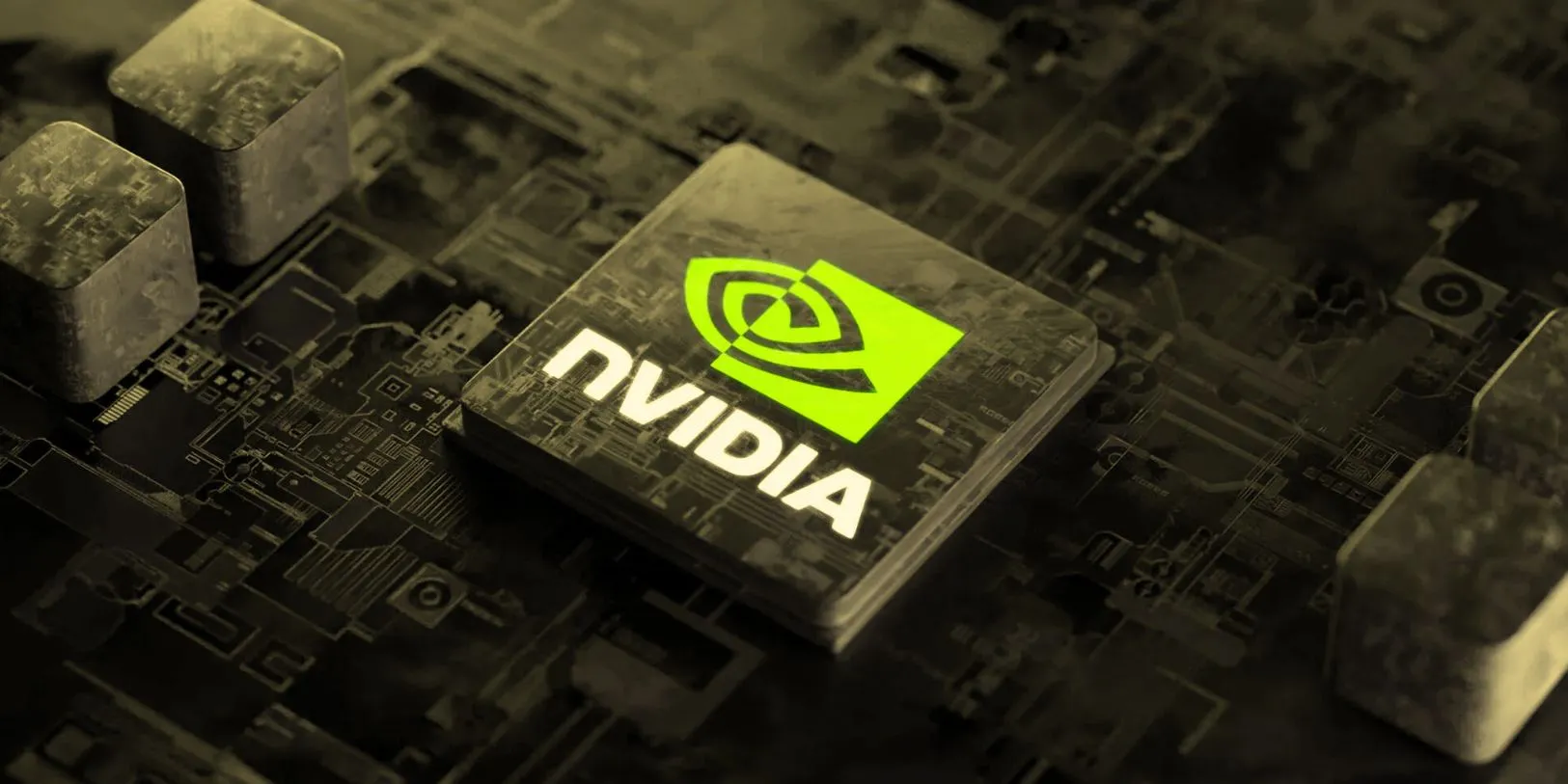Key Points
- Analysts believe the delay will not significantly affect Nvidia’s revenue or market position.
- Demand for AI chips remains high, with major tech companies increasing capital expenditures.
- Analysts and Nvidia are confident that any issues will be resolved through firmware or platform updates.
- Nvidia commands over 80% of the AI chip market and remains a key player in AI development.
According to analysts, concerns about a possible delay in the launch of Nvidia’s upcoming artificial intelligence (AI) chips may be overstated. The anticipated setback is not expected to impact Nvidia’s revenue or product demand significantly.
Recent media reports suggested that Nvidia’s Blackwell chips might face three months or more delays due to design flaws. This potential delay could affect major customers like Meta Platforms, Alphabet’s Google, and Microsoft. However, analysts believe that the impact of such a delay will be minimal.
Stacy Rasgon, an analyst at Bernstein, noted that demand for AI chips continues to rise, with major tech companies increasing their capital expenditures. “It remains clear that demand levels continue to rise, with all major hyperscalers continuing to grow their capex outlooks,” Rasgon wrote in a note on Monday. Rasgon added that sales of Nvidia’s older “Grace Hopper” chips would help bridge the gap if there were delays. “Nvidia’s competitive window is so large right now that we don’t think a three-month delay will cause significant share shifts,” Rasgon stated.
Nvidia, which holds over 80% of the AI chip market, is uniquely positioned as the largest enabler and beneficiary of the AI development surge. In May, Nvidia CEO Jensen Huang announced that the Blackwell series of AI chips was set to ship in the second quarter of 2024. Despite this, these in-demand AI chips remain constrained as manufacturers like Taiwan’s TSMC struggle to expand the capacity for complex techniques such as advanced packaging.
In May, Nvidia CFO Colette Kress indicated that demand for Blackwell chips could exceed supply “well into next year.” However, analysts at TD Cowen expressed confidence that any minor delays would likely be resolved through firmware or platform updates. They emphasized that these delays do not reflect the demand driving Nvidia’s data center revenue for 2025.
An Nvidia spokesperson responded to the recent media reports by stating, “Hopper demand is very strong, broad Blackwell sampling has started and production is on track to ramp in the second half.” This statement reassured investors and analysts that Nvidia’s production schedule remains largely on track despite the rumored delays.
While there are concerns about potential delays in the launch of Nvidia’s Blackwell AI chips, analysts remain optimistic. They believe the company’s strong market position and ongoing product demand will mitigate any negative impact from the delays.




